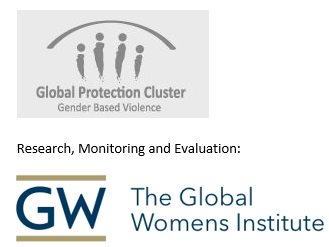- Children born of rape also face difficulties that other children do not. The stigma and shame associated with rape may isolate them from their peers, and they may be rejected from their families and communities for not having a ‘legitimate’ father or for being viewed as burdens. They face an increased risk of verbal and physical abuse and harassment from their communities and families. They may risk becoming street children and turning to dangerous means of earning a living, such as transactional sex. Preliminary recommendations to improve care of mothers and their children born of rape include (Liebling et. al., 2012).
- Use of mobile clinics to increase all survivors’ access to medical care, especially in rural areas.
- Sensitization programmes to increase women and girls’ awareness of sexual violence, health care, STDs and HIV/AIDS.
- Social change efforts including awareness-raising, communication, community mobilization and trainings on sexual violence against women and girls to foster respect for and empowerment of rape survivors and child mothers.
- Capacity-building of professionals and service providers to provide psychological and emotional support for rape survivors and children born of rape.
- Increase livelihoods opportunities for mothers of children born of rape.
- Improve survivors’ access to justice, including protection and fair treatment during the process.
Additional Resources
For more information on addressing the needs of children born of sexual violence, see:
- Carpenter, R. C. 2006. "Protecting Children Born of Sexual Violence: A New Report to the Humanitarian Sector." University of Pittsburgh Ford Institute for Human Security.
- Carpenter, R. C. 2007. “Born of War: Protecting Children of Sexual Violence Survivors in Conflict Zones.” Bloomfield: Kumarian Press.
- The Children as Legacies of War research initiative at the University of Pittsburgh includes articles, publications, links and research on children born of war.
